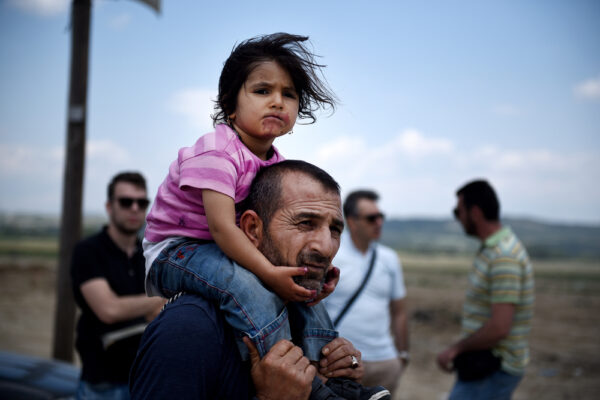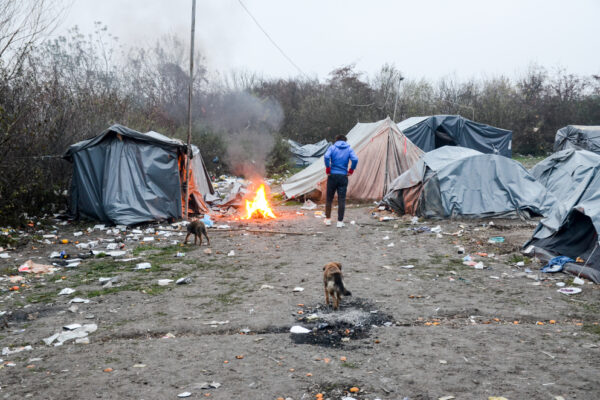The COVID-19 pandemic has exacerbated risks of violence for refugee and migrant girls and women, finds a new report from the Brown School at Washington University in St. Louis and UNICEF.
Due to multiple intersecting dimensions of identity, including gender, migrant status, religion, age and others, migrant and refugee women and girls faced unique barriers and risks as a result of lockdown measures and gaps in education, finds the report, “I was not safe in his house.”
The report, which focused on migrant women and children in Italy, was written by Ilana Seff, research assistant professor at the Brown School; Lindsay Stark, associate professor at the Brown School; and researchers at UNICEF (the United Nations Children’s Fund).

They found that physical distancing measures increased feelings of loneliness for girls and women who, due to their migration status, already faced limited support networks. Many migrant women lost their jobs in the wake of the pandemic; for single mothers in particular, financial insecurity meant not being able to provide for the needs of their family. These challenges were further aggravated by the closure of educational services and the interruption of learning paths, which are fundamental for socioeconomic inclusion.
“Migrant and refugee women and girls faced unique socioeconomic challenges and experiences of violence as a result of the pandemic,” Seff said. “At the same time, migrant and refugee women in Italy exhibited tremendous resilience, working together to create and maintain social support networks over virtual platforms.”

The study explores the impacts of the pandemic on risks of exposure to gender-based violence among refugee and migrant girls and women in Italy. It draws on findings from focus group discussions and semi-structured interviews with approximately 35 refugee and migrant women and 50 key informants in three Italian regions: Latium, Lombardy and Sicily.
It is part of a broader global study investigating the impact of the COVID-19 pandemic on the safety and well-being of girls and women and their access to gender-based violence services in Italy, Brazil, Guatemala and Iraq.
“As countries that have previously taken a hardline stance toward refugees stand ready to receive the thousands of Ukrainians fleeing their homeland, our findings point to the multidimensional and overlapping vulnerabilities of migrant women and girls that may require nuanced policy and programmatic action,” Stark said.



